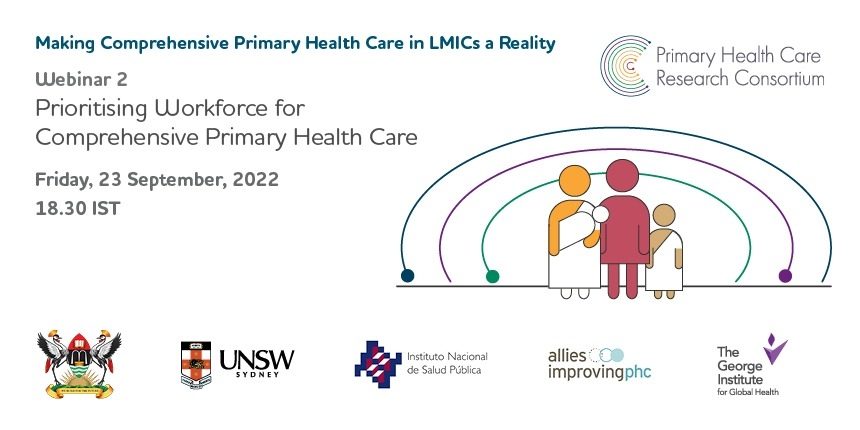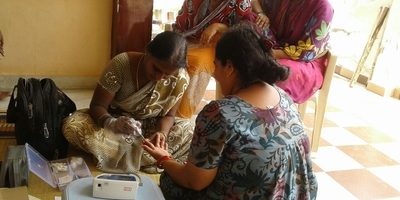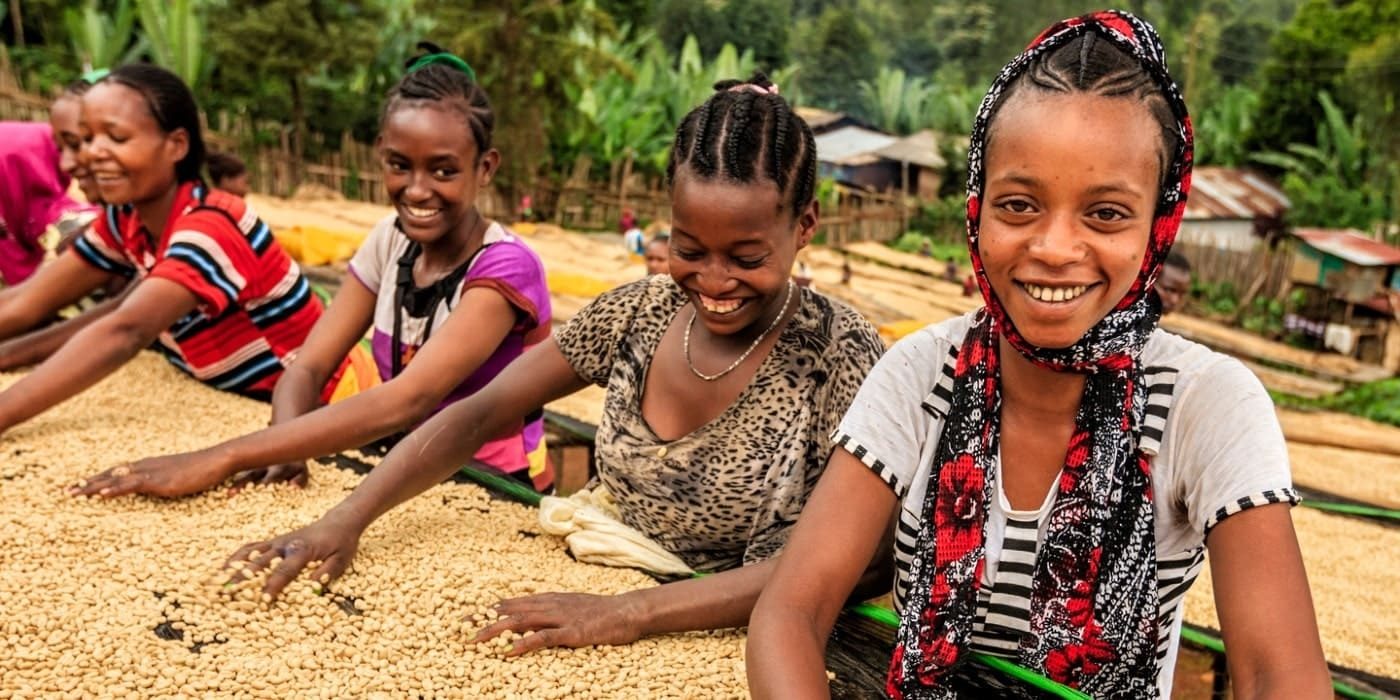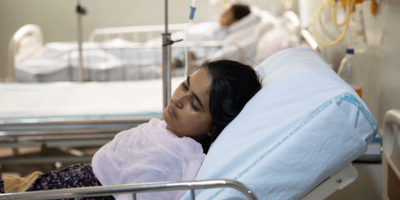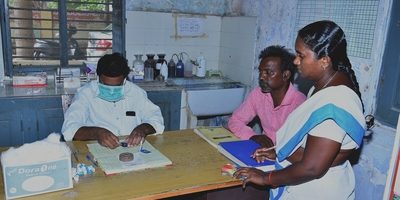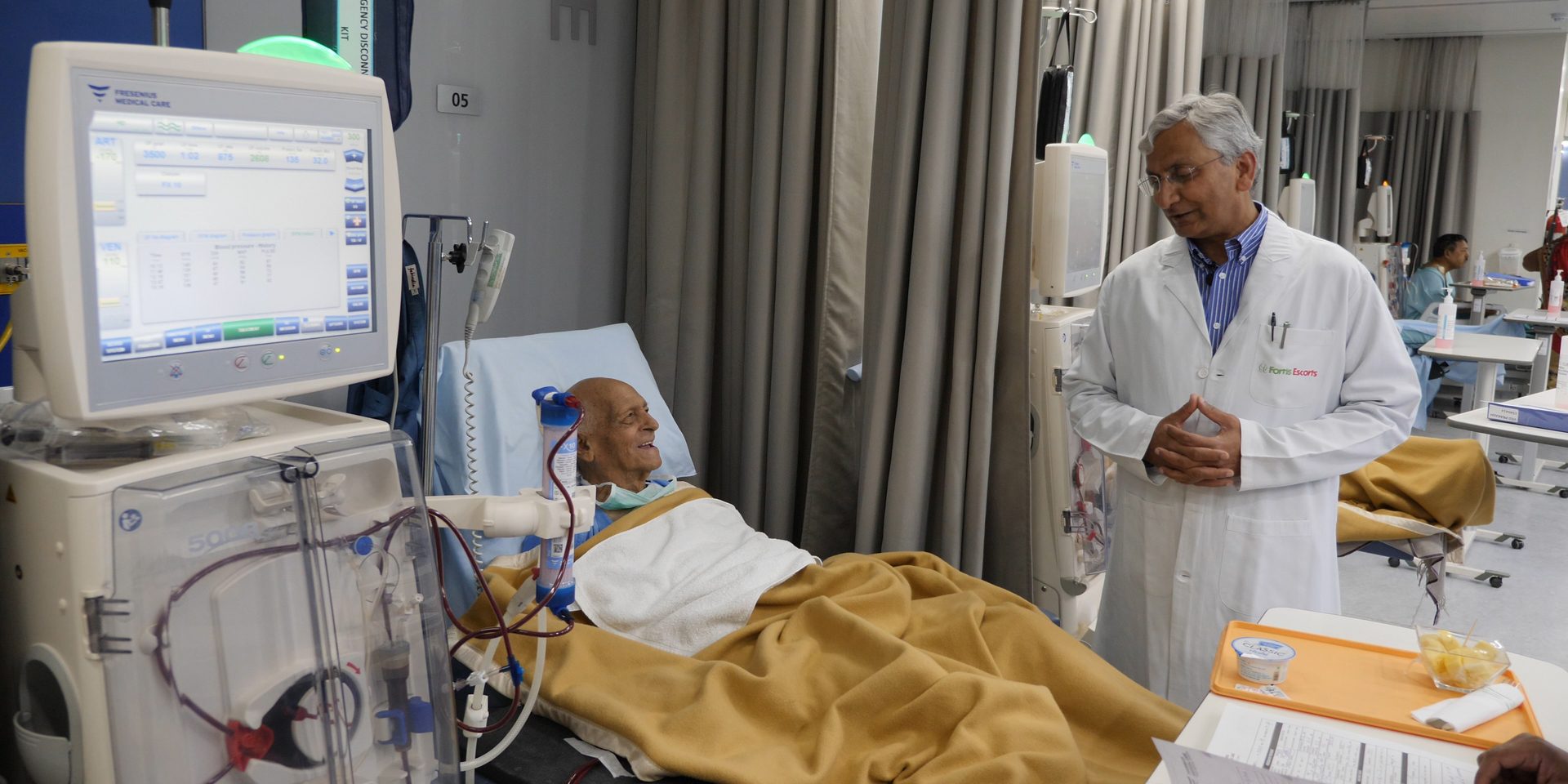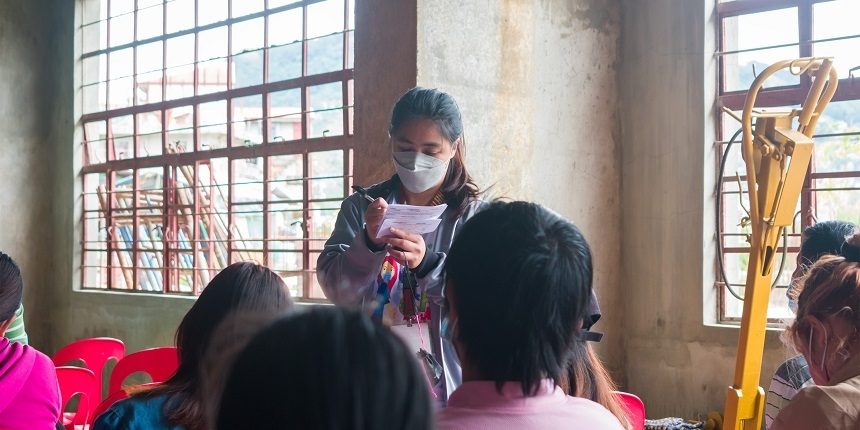Catastrophic health expenditure has been found to occur in more than 60% of patient populations with non-communicable diseases (NCDs) in Asia, and according to The George Institute for Global Health’s breakthrough ACTION study on improving cancer care in Southeast Asia, this number may be much higher. The study followed 9,514 cancer patients across 47 sites in eight countries. It revealed that 75% of them had died or suffered financial catastrophe because their medical costs exceeded 30% of their annual household income. Even more devastating, diagnosis at a more advanced cancer stage led to patients being five times more likely to die within 12 months.
These deaths could have been averted through adequate investment in Primary Health Care (PHC), cancer care and cancer screening. People living with or at risk of developing an NCD, require long-term care that is proactive, patient-centred, integrated, community-based, and sustainable. The Astana Declaration (2018) and the Alma-Ata Declaration (1978) both acknowledge that focusing on PHC is essential to ensure that everyone, everywhere can enjoy the highest possible attainable standard of health. PHC also offers the best opportunity to identify high-risk individuals who might be using medical services for unrelated health problems, simply because it is the easiest point of entry into the health system.
Sadly, despite the above-mentioned political commitments, PHC - especially in low- and middle-income countries (LMICs) - remains hugely underfinanced, with governments spending on average only US$3 per person per year. Thus, patient out-of-pocket expenses continue to be catastrophic, i.e., more than 30 percent of household income. This impedes progress towards UHC, serves as a barrier to health-seeking behaviour, delays access and the start of treatment, and often leads to non-compliance or premature discontinuance of treatment.
A global call for better investment in PHC
Thus, as noted in the Lancet, the challenge and call to action is that: “All countries need to both invest more and invest better in PHC, by re-designing their health financing arrangements, mobilising additional pooled public funding, unlocking new resource streams, allocating and protecting sufficient, sustainable funds for PHC, and incentivising providers to maintain the health of the populations they serve—in ways that place people at the centre and address inequities first.”
NCDs are responsible for 41 million deaths annually, accounting for 74% of all fatalities worldwide. The annual deaths from NCDs are projected to escalate to 52 million by 2030, hitting LMICs the hardest, with NCDs causing 85% of preventable deaths, for those between the ages of 30-70.
Getting NCDs under control and achieving SDG target 3.4 will take investment in NCD prevention and care. But it is a worthwhile investment, with a return on investment of 19 to one, as demonstrated in a 2022 paper published in the Lancet. The paper provides hard evidence and actionable data that could help shape government interventions to effectively protect citizens from the financial toxicity associated with treatment and care for NCDs and enable their health systems and economies to remain robust, responsive, and resilient in the wake of health emergencies and economic instability.
39 million lives could be saved between 2023 and 2030 if Ministries of Health would allocate just 20% of their budgets to high-priority NCDs. The time for inaction is past - we must start investing more in NCDs, to protect people, health systems, economies, and our shared futures.
A success story from Southeast Asia
The good news is that some countries have started to turn the tide on NCDs, by leveraging the evidence supporting investment. For the past eight years, the ACTION study has helped improve cancer care policy and priorities across Asia.
As a case in point, in 2018, during a debate in the Philippines Senate, Senator Sonny Angara, co-sponsor of the National Integrated Cancer Control Act (NICCA), drew on the findings of the ACTION study to highlight the urgency of immediately passing the bill into law. This was a key factor leading to the quick and successful passage of the NICCA, within the year.
The NICCA is widely seen as a significant first step in the transformation of cancer care across all levels of the Philippine health system. Recognizing that cancer is one of the leading causes of death in the Philippines, the NICCA envisions mainstreaming an integrated and comprehensive approach to cancer control and care, which includes the strengthening of integrative, multidisciplinary, patient and family-centred policies, programs, systems, interventions and services, at all levels of the existing health care delivery system.
NICCA also intends to lessen the financial toxicity associated with cancer treatment and care, thus reducing the burden and emotional distress of patients and their families. The goal is to increase cancer survivorship by increasing investments and scaling up essential programs and services for robust prevention of cancer, better screening, prompt and accurate diagnosis, timely and optimal treatment, responsive palliative care and pain management, effective survivorship follow-up care and late effects management and rehabilitation. Through the NICCA, better care, more cures, and brighter futures are envisioned for cancer patients and survivors.
This blog was first published by the NCD Alliance and is reproduced here with their kind permission.
About the authors
Claudia Selin Batz (BSc MPH) is an emerging public health professional with 4 years of experience in communications, advocacy, and policy. She is a Policy and Advocacy Advisor at The George Institute (TGI) for Global Health, working on a programme of policy, stakeholder engagement and thought leadership to increase the impact of the institute’s research.
Carmen Auste is the mother of a teen brain cancer survivor and co-founder of Cancer Warriors Foundation, Philippines. Cancer Warriors is a founding member of Cancer Coalition Philippines which spearheaded the passage of the NICCA Law. It is a key member of Healthy Philippines Alliance; a member of Global NCD Alliance. Carmen is the country representative of the Union for International Cancer Control (UICC) and Childhood Cancer International. She is a member of the National Integrated Cancer Council of the Philippines and serves in a number of high level advisory councils and technical working groups on diverse health and health related topics.







